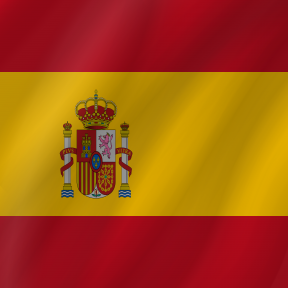Spanish colonization of the Americas (1492-1832)
The overseas expansion under the Crown of Castile was initiated under the royal authority and first accomplished by the Spanish conquistadors.
The Americas were incorporated into the Spanish Empire, with the exception of Brazil and Canada, and the crown created civil and religious structures to administer the region.
The crown created civil and religious structures to administer the region. The motivations for colonial expansion were trade and the spread of the Catholic faith through indigenous conversions.
Beginning with the 1492 arrival of Christopher Columbus in the Caribbean and continuing control of vast territory for over three centuries, the Spanish Empire would expand across the Caribbean Islands, half of South America, most of Central America and much of North America (including present day Mexico, Florida and the Southwestern and Pacific Coastal regions of the United States).
It is estimated that during the colonial period (1492-1832), a total of 1.86 million Spaniards settled in the Americas and a further 3.5 million immigrated during the post-colonial era (1850-1950); the estimate is 250,000 in the 16th century, and most during the 18th century as immigration was encouraged by the new Bourbon Dynasty.
In contrast, the indigenous population plummeted by an estimated 80% in the first century and a half following Columbus's voyages, primarily through the spread of Afro-Eurasian diseases.
This has been argued to be the first large-scale act of genocide in the modern era, although this claim is largely disputed due to the unintended nature of the disease introduction, which is considered a byproduct of Columbian exchange.
Racial mixing was a central process in the Spanish colonization of the Americas, and ultimately led to the Latin American identity, which combines Hispanic, Native American, and numerous African ethnicities.
Spain enjoyed a cultural golden age in the sixteenth and seventeenth centuries when silver and gold from American mines increasingly financed a long series of European and North African wars.
In the early 19th century, the Spanish American wars of independence resulted in the secession and subsequent balkanization of most Spanish colonies in the Americas, except for Cuba and Puerto Rico, which were finally given up in 1898, following the Spanish-American War, together with Guam and the Philippines in the Pacific.
Spain's loss of these last territories politically ended the Spanish rule in the Americas.





























